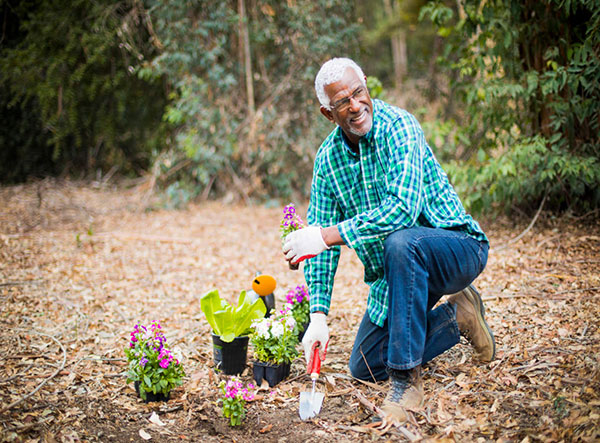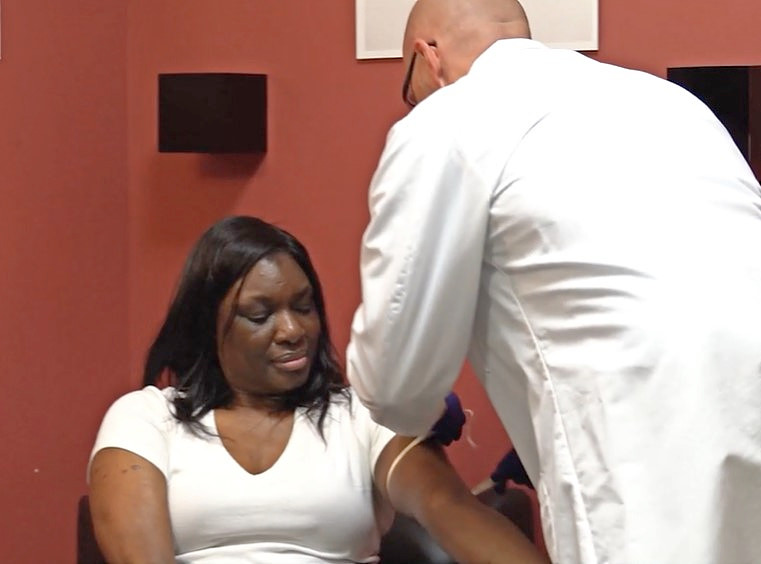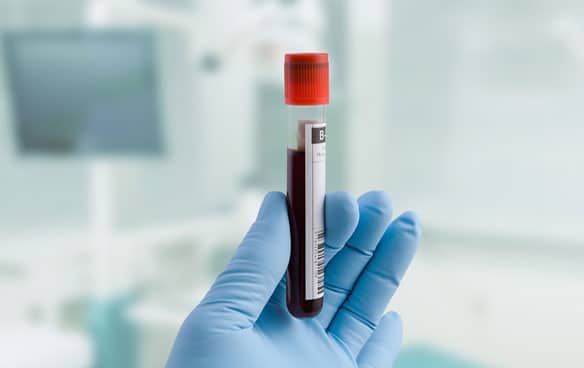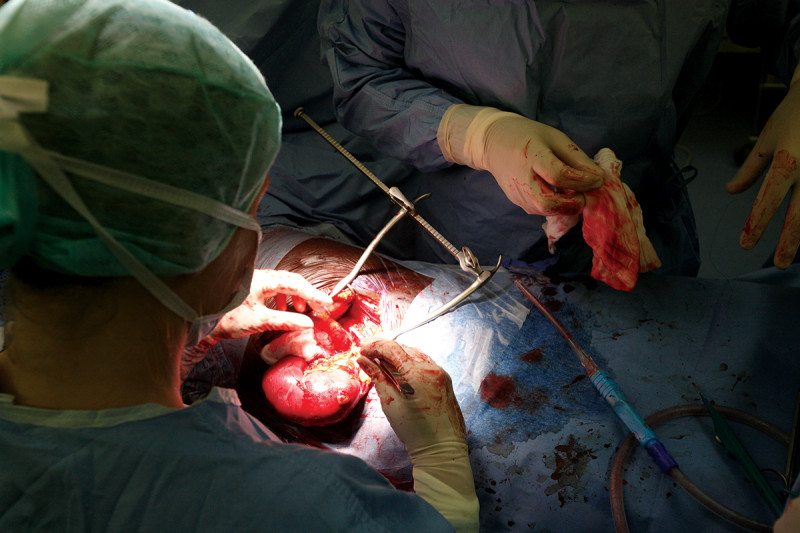Part of the function of the kidney is to help you regulate blood pressure.
High blood pressure—known as hypertension—can be common both before and after a kidney or heart transplant.
Between 50 and 80% of adults—and 47 to 82% of kids—living with a transplanted kidney have high blood-pressure levels.1 Culprits that stimulate elevations in blood-pressure level include:
- Anti-rejection drugs
- Obesity
- Salt intake
- Smoking
- Alcohol consumption2
Read the full article, here.








